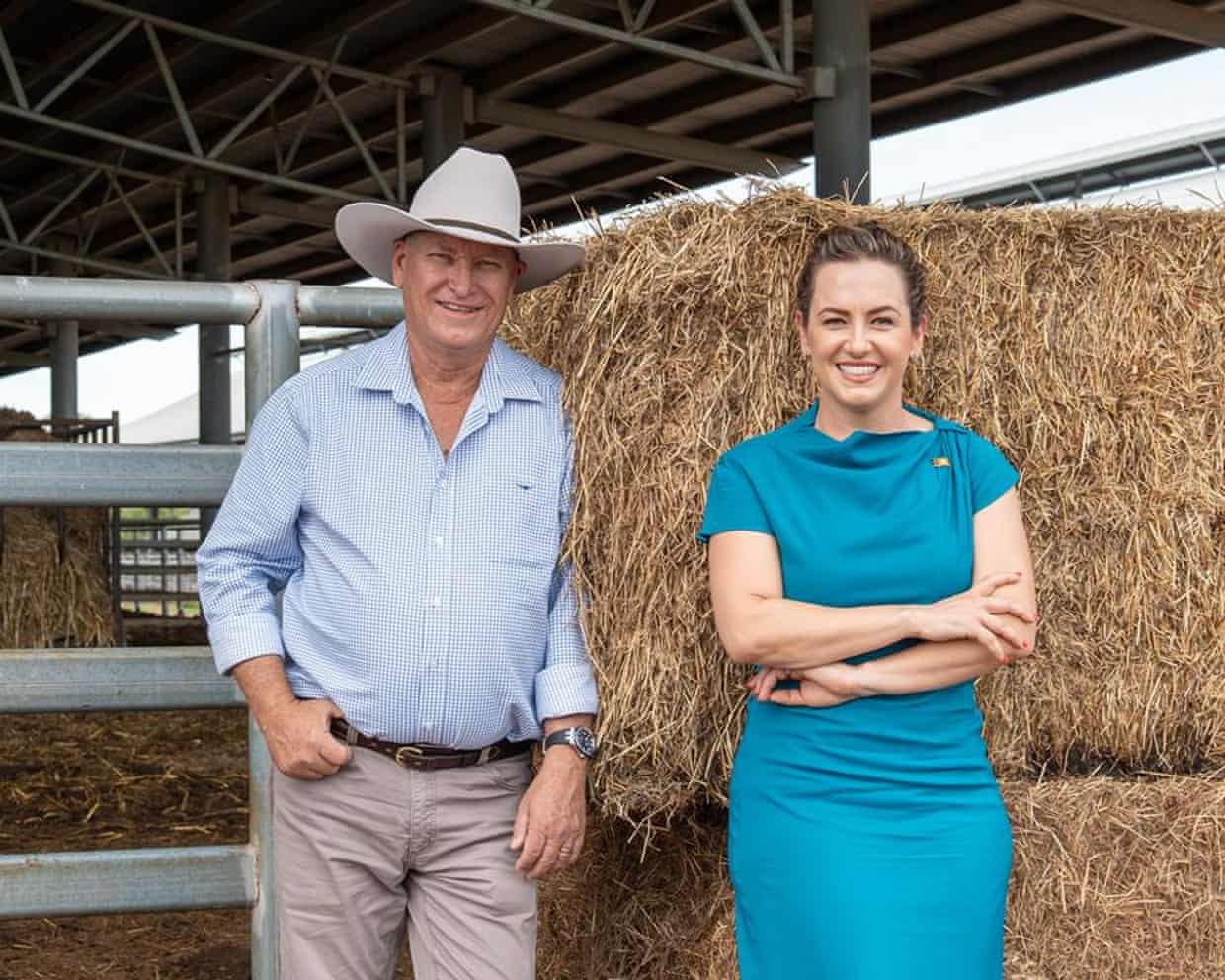
UPDATE: Australia’s ambition to secure its position as a leader in critical minerals is jeopardized by a significant shortage of scientists and engineers, warns the Australian Academy of Science. This urgent issue arises as Prime Minister Anthony Albanese announced plans to develop a stockpile of essential minerals, including lithium, cobalt, and manganese, crucial for the technological revolution and defense sectors.
New reports confirm that the Australian mining industry, renowned for its vast deposits, may struggle to meet the growing demand without a robust workforce. The Academy’s analysis highlights alarming gaps in education and coordination, stating that the country risks falling behind in its ability to innovate and respond to future challenges.
Ian Chubb, chair of the Academy’s panel, emphasized the urgency of the situation: “Unless we find a way to retain expertise, we won’t be able to operate effectively as a sovereign nation in many critical areas.” The Academy’s findings suggest that fewer students are pursuing science-related subjects, with a notable decline in Year 12 students studying higher and intermediate mathematics over the past decade.
In a concerning trend, Universities Australia reported an 8% drop in PhD enrolments between 2018 and 2023, attributing this decline to soaring living costs and insufficient financial support for students. The average age of enrolled PhD candidates is now 37 years old, many of whom are balancing family and financial obligations while being excluded from critical government benefits like paid parental leave.
The implications of this workforce shortage extend beyond the scientific community. The government’s initiative aims to secure a stockpile of critical minerals for Australia and its allies amid an international scramble for these resources, particularly between the United States and China. As demand for high-tech manufacturing, AI, and energy transition accelerates, the need for skilled professionals becomes increasingly urgent.
Moving forward, the Academy calls for immediate action to bolster education and retain talent within the scientific workforce. Without addressing these pressing issues, Australia’s aspirations to leverage its natural resources for economic growth and security may remain unfulfilled.
As this story develops, it will be crucial to monitor government responses and potential initiatives aimed at revitalizing STEM education and supporting the next generation of scientists and engineers. Stay tuned for more updates on this critical situation.







